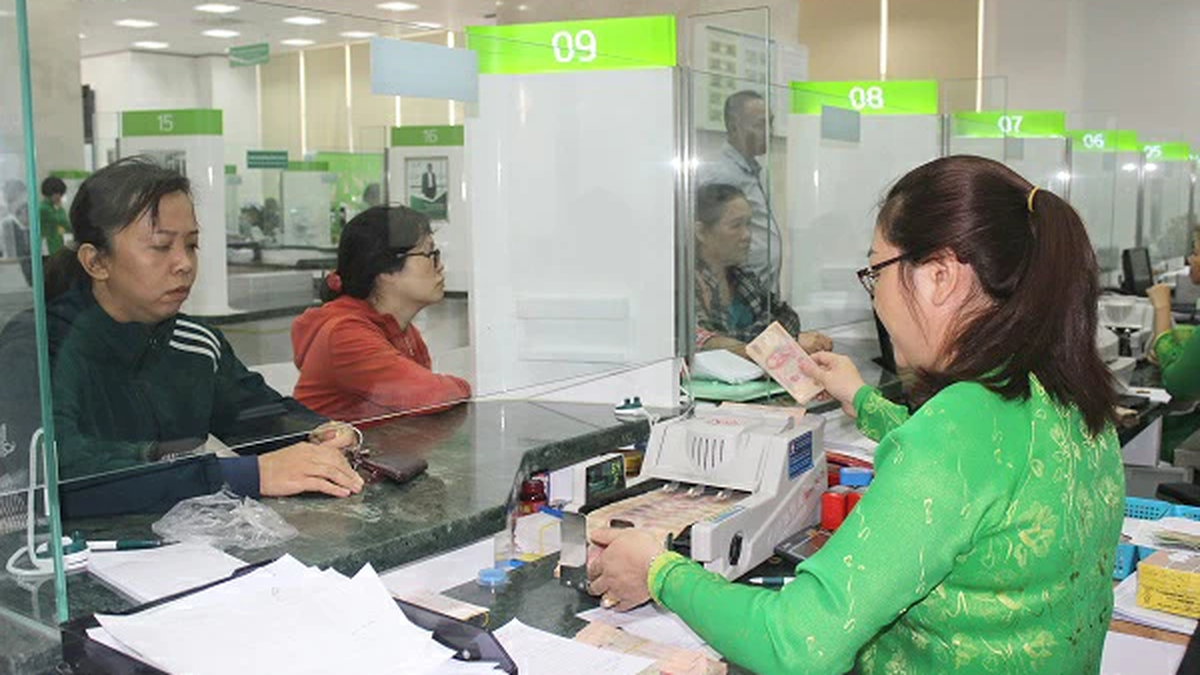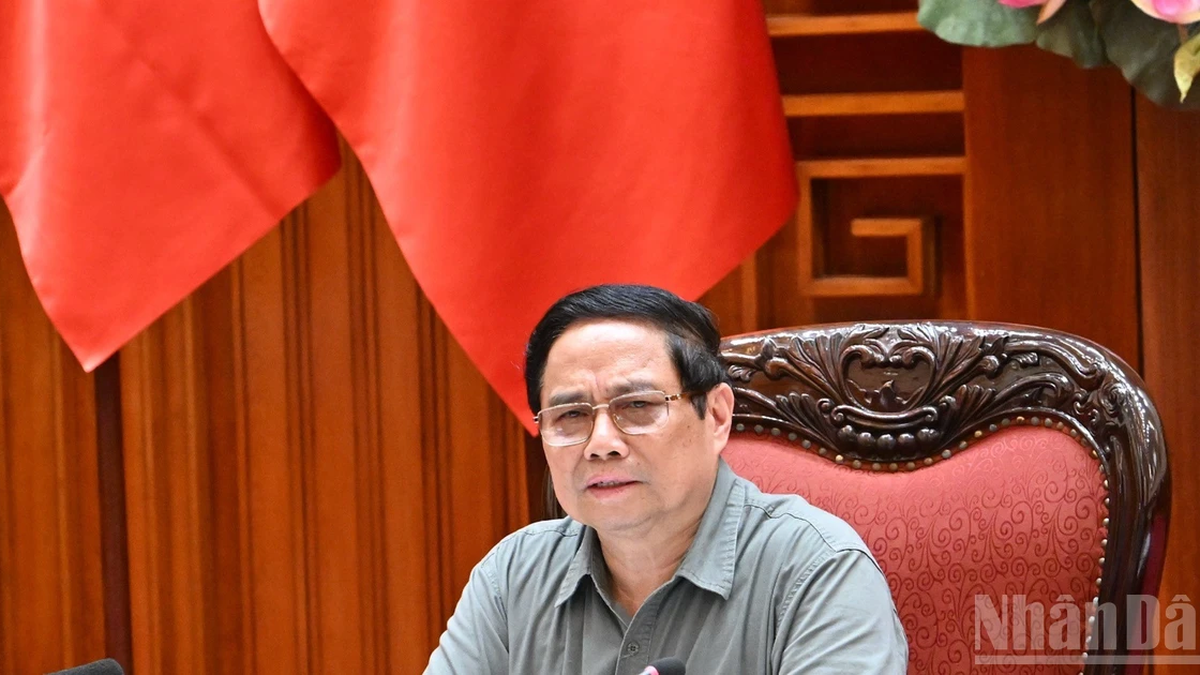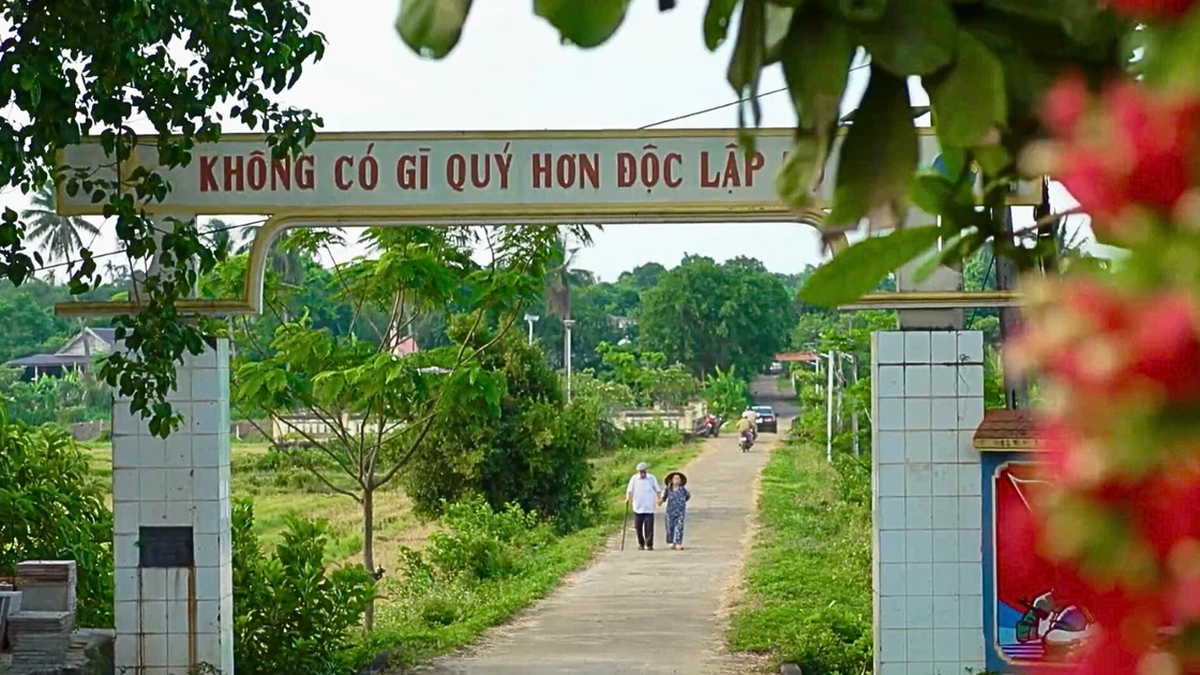Many unprecedented contents and solutions
After nearly 40 years of Renovation and more than 30 years of full integration with the world, the private economy has emerged, overcoming difficulties to gradually become stable and strong. Along with this journey is support and assistance in terms of policies and guidelines, as well as specific decisions and policies that are appropriate to the practical situation.
Before Resolution 68-NQ/TW was issued, awareness of the important role of the private sector, the need for large private enterprises, many efforts to improve the business environment, reduce the number and time of administrative procedures, and convert business management from pre-control to post-control... were expressed in many messages, decrees, resolutions, telegrams... of the Government as well as circulars and instructions of relevant ministries and branches.
However, the vast space to encourage and promote the private economic sector to innovate and create, with the foundation of a profound change in thinking and awareness of the role of this sector, so that the private economy becomes the most important driving force in the era of national development - has been strongly affirmed like never before through Resolution 68-NQ/TW.
Mr. Dau Anh Tuan, Deputy Secretary General, Head of Legal Department, Vietnam Federation of Commerce and Industry
From a business perspective, Mr. Dau Anh Tuan, Deputy Secretary General, Head of the Legal Department of the Vietnam Federation of Commerce and Industry (VCCI) likened Resolution 68-NQ/TW to a call for the business community to boldly start businesses, participate in activities in all fields, boldly create, innovate, and apply science and technology to move forward, contributing to the prosperity of the country in the new period.
"Resolution 68-NQ/TW is an innovation in thinking, with an updated nature suitable to the new role and new development situation of the private economic sector. Identifying the private economy as the most important driving force shows the complete removal of constraints in terms of thinking and orientation, and from this change in perception, Resolution 68-NQ/TW offers many favorable, unprecedented solutions to promote this sector," said Mr. Dau Anh Tuan.
For example, private enterprises are facilitated to access resources such as land, capital, and high-quality human resources. This sector is encouraged to innovate, digitalize, and green transform through tax exemption and reduction policies and policies to support access to the State's innovation infrastructure at reasonable costs. In particular, for the first time, private enterprises can place orders or bid to invest in strategic areas, key national projects and works.
In particular, Resolution 68-NQ/TW demonstrates a new spirit in business management, creating a safe business environment, protecting ownership rights, property rights, freedom of business, etc., clearly distinguishing criminal responsibilities from administrative and civil responsibilities, prioritizing the application of civil and administrative measures first, and if criminal proceedings are required, prioritizing economic remedies first...
"A safe, favorable, and effective business environment will greatly impact investment and production activities, promote the dynamism of each enterprise, and create growth for the entire economy," Mr. Dau Anh Tuan analyzed.
Dr. Huynh Thanh Dien, Ho Chi Minh City University of Economics
Sharing the same view, Dr. Huynh Thanh Dien, Ho Chi Minh City University of Economics, added that Resolution 68-NQ/TW has created the foundation and orientation for private enterprises to have the same position, opportunities and support as State-owned enterprises and foreign-invested enterprises (FDI). This also facilitates the connection between private enterprises, private enterprises with State-owned enterprises and FDI enterprises as the task set out in Resolution 68-NQ/TW.
One of the fundamental changes in thinking in Resolution 68-NQ/TW is reflected in the shift in business condition management from licensing and certification to publishing business conditions and post-inspection, except for a few fields that are required to carry out licensing procedures according to international regulations and practices.
According to Mr. Dau Anh Tuan, if this directive is implemented drastically, it will help businesses reduce a lot of cost burdens, including the cost of planning time, projects, goods, and products waiting for pre-inspection and approval; capital costs due to reducing the time spent storing products and goods, the time spent borrowing capital for projects and plans, and opportunity costs because businesses can soon bring innovative and creative ideas into life, catching up with practical needs.
"Currently, Vietnam has built a relatively clear and public system of legal documents regulating business conditions in various sectors and fields of the economy. Enterprises can look up, learn, and research to comply," the Deputy Secretary General and Head of the Legal Department of VCCI informed.
More importantly, according to the expert, shifting the focus from paper-based management to field-based management will help increase the efficiency of this activity. Post-inspection with proper procedures, objectivity, and transparency will help find violating businesses, better prevent incidents that cause public discontent such as the recently exposed problems of fake milk, fake functional foods, and fake drugs. Of course, to do this, management agencies must also change their working methods, develop control and supervision processes, train and mobilize most of their current workforce to effectively carry out post-inspection.
Finally, reality has proven that the transition from pre-control to post-control has been successfully implemented in a number of industries and fields, and has been well received by businesses because it has helped reduce up to 90% of administrative procedures for them, and has been assessed by state management agencies as helping to monitor and control effectively. This is the basis for us to accelerate and promote the application of this management method in other industries and fields of the economy.
Based on his experience working with businesses, especially small and medium-sized enterprises, Dr. Huynh Thanh Dien commented that switching from pre-inspection to post-inspection also creates space for a segment of businesses to emerge and grow. According to the expert, although regulations and conditions are clearly announced, not all business owners have full information and know how to organize and implement them in accordance with regulations. This task is even more challenging in highly specialized fields, such as fire prevention and fighting, construction design, accounting and auditing, etc.
"For such a field, it is necessary to form a network of individuals and organizations providing consulting services to businesses in need. The State licenses and manages the business conditions of these individuals and organizations, and has sanctions if they provide incorrect advice, affecting the interests of the business. The business itself will also be responsible to the State management agency if it is discovered to have made mistakes during post-audit, but they have the right to sue the consulting unit and demand compensation, minimizing the risks they have to bear. Thus, from the change in thinking in management, the private sector will be able to participate in the work that previously belonged to state officials, civil servants, and public employees, creating more high-quality jobs for society," Dr. Huynh Thanh Dien analyzed.
In order to transform the management method to a post-audit mechanism, both experts believe that this spirit of innovation must be reflected in the system of existing and drafted legal documents. That is, it is necessary to review old regulations, adjust and amend them to suit new requirements, then summarize the main and fundamental points in a concise and easy-to-understand manner, and publicly announce them on the information pages of ministries, branches, and associations, ensuring that businesses can easily access them, thereby studying and complying when organizing production and business.
In addition, it is necessary to increase the application of information and new technologies such as artificial intelligence in management activities, evaluating records, the level of legal compliance and identifying risks from business operations to conduct post-audits.
Mr. Dau Anh Tuan proposed that each risk model should be established and managed. For industries and fields with high risk levels, pre-inspection can still be applied. In case of switching to post-inspection, this is a group of subjects that must have a stricter frequency and level of post-inspection. For industries and fields with medium and low risk levels, based on the operating methods and records of each enterprise, high-risk enterprises should be identified and post-inspection should be performed first.
Dr. Huynh Thanh Dien added more attention to the issue of decentralization for functional agencies to conduct post-inspection. Accordingly, after completing the arrangement and reorganization of administrative units at all levels, the management area at the provincial and municipal levels will be much wider than at present. Therefore, it is necessary to consider delegating authority and responsibility to local authorities to conduct post-inspection of some sectors and fields with medium and low risk levels, both reducing the burden on higher-level authorities and taking advantage of the advantage of being close to the locality so that post-inspection is accurate and timely.
"Strong community supervision will actively support management through a post-audit mechanism. Therefore, there needs to be a way to encourage consumers to evaluate products, provide a public and fair complaint resolution process, respect the opinions of the complainants and protect the legitimate interests of businesses from unfair competition," the expert stated.
Hoang Hanh
Source: https://baochinhphu.vn/co-che-hau-kiem-theo-nghi-quyet-68-mui-ten-trung-nhieu-dich-102250519162232125.htm




































































































Comment (0)